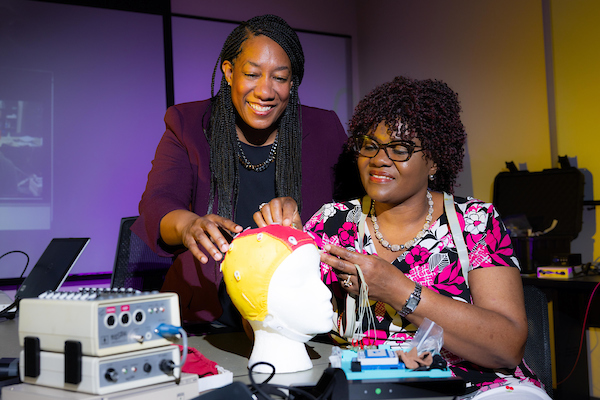Psychology
Learn more about psychology
Admission Requirements
None.
This program does not have specific admission requirements. Only admission to Kennesaw State University is required to declare this major.
Related Minors or Certificates Available
- Psychology Minor
Sample Classes
-
PSYC 3335: Theories of PersonalityThis course surveys classic and current theories of personality that represent several of the major perspectives in psychology (e.g., psychoanalytic, biological, developmental, behavioral, humanistic, cognitive, sociocultural), highlighting the contributions of each theory to personality description, assessment, research, therapy, and application.
-
PSYC 3425: Psychology of Gender
This course examines gender issues from a psychological perspective. Topics include the social construction of gender, gender and personality development, sex role socialization, and a critical examination of the research on gender differences. The ways in which gender intersects with other aspects of identity (e.g., race, ethnicity, class, sexual orientation) are examined. Scientific research findings are emphasized.
-
PSYC 4410: Physiological Psychology
This course addresses the relationship between our underlying physiological systems and behavior. The topics investigated include neural communication, the anatomy of the nervous system, and the biological bases of sleep, reproductive behavior, stress, learning and memory, and mental disorders.
-
PSYC 4345: Learning and Behavior
This course offers an introduction to the various learning mechanisms that influence the establishment, maintenance, and/or reduction of behaviors in both humans and nonhuman animals. The course focuses on linking processes and theories of classical and operant conditioning to everyday behaviors.












